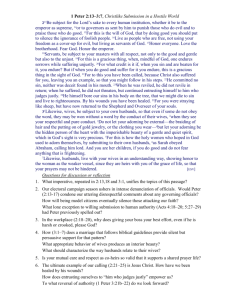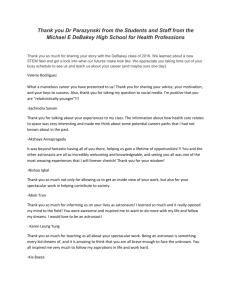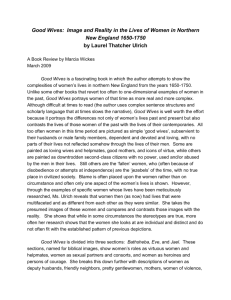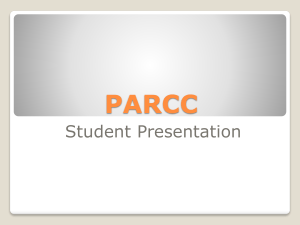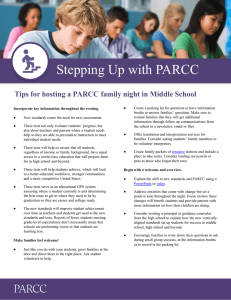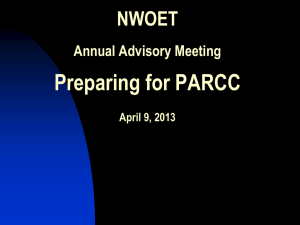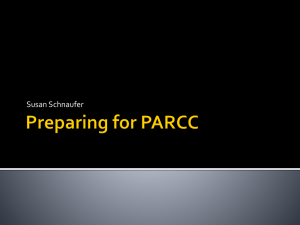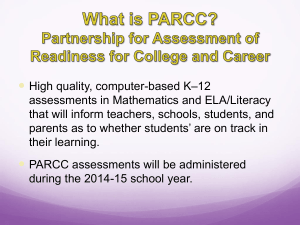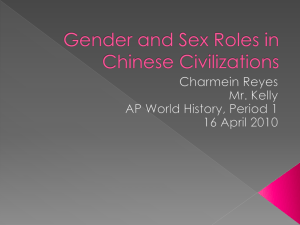Concept English Meeting: PARCC, Literacy, Teacher Leadership
advertisement
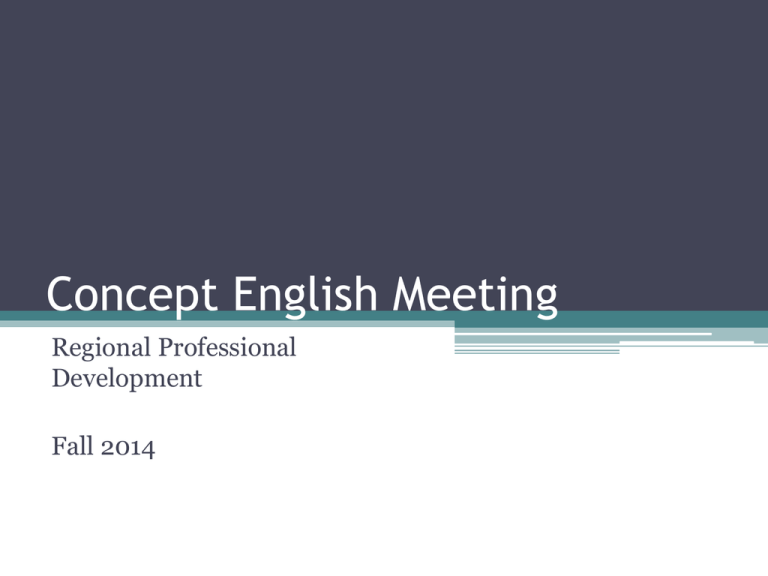
Concept English Meeting Regional Professional Development Fall 2014 Agenda • Teacher Leadership – Strategy from Realizing Illinois • Concept English Updates ▫ Procedural Information ▫ Special Events, Spelling Bee ▫ PARCC documents/checklist • Marzano Strategy for Disciplinary Literacy • Conclusions Teacher Leadership Ms. McKinley Taking Risks • Build your teaching repertoire ▫ Adding new strategies that address the rigor of the standards and the instructional shifts Concept English Updates Procedural Information Update Information • • • • • • • • • 11/33 Department Meeting Notes 7/33 Scope and Sequence Documents 2 Coaches Webinars 7 School Webinars on new resources 4 School Webinars scheduled 117 on-going email requests for help 37 phone calls 9 on-going weekend telephone calls PD – ongoing small workshop sessions Concept English Updates Spelling Bee 2014 One of Two Versions Schedule/Due Dates • Posters/Requirements/Ideas • Student Registration • Event 9/12 11/19 12/6 ▫ http://english.conceptschools.org/conceptspelling-bee/ Concept English Updates PARCC Resources Performance Descriptors Evidence Tables PARCC Checklist Concept English Research Based Strategies Marzano’s Inside Outside Circle Clare Brooks and Andy Flaherty Activity • 1. List 3 non-management issues that affect your classroom learning. • 2. Break off into grade level groups • 3. Discuss your lists and create one list with top 3 issues • 4. Prepare 1 solution for one or all of the issues Activity 1. Read RI1 2. Create sentence starts for your students to be able to take the action listed under student responses (Constructed Response) Performance Descriptors for PARCC 1. Connect with I can statements From “The Astronauts Wives Club” ReadWorks.org A new book called The Astronaut Wives Club by Lily Koppel, has changed that. Koppel’s bestseller tells the stories of the strong women behind the men who pioneered space travel. The book begins in the late 1950s, when a man’s family is seen as a reflection of his work life: a good home with a pretty wife and adorable children translated into a good career. An important part of an astronaut's wife's job was to maintain the perfect image of domestic happiness. Astronaut wives were pressured by NASA, their husbands, and their own sense of duty to display an outward image of family perfection. They had to smile their way through dealing with the fears for their spouses' safety and the challenges of maintaining a home and children with almost no help. It was a difficult path, but also served as the basis for the strong friendships that grew between the women. The astronauts’ wives were in it together. The Houston suburbs where the wives made a home for their heroic husbands were called the “Spaceburbs,” or sometimes “Togethersville.” Along with triumph, the town was also the scene of tragedy. Seven of the first 30 astronaut wives lost their husbands during the Mercury, Gemini, and Apollo missions. After astronaut Ed White perished in a capsule blaze, his wife Pat fell into deep depression. In an interview with the author, another astronaut wife described Mrs. White: “She just worked at being Ed's wife. She was wonderful at it. That's all.” Activity 1. Read and annotate the excerpt provided. 2. Participate in the Marzano activity. Question #1 – Part A With your partners answer… How does the passage describe the wives of America’s first astronauts? A. Examples of mental and physical excellence B. Perfect American wives and homemakers C. Strong, courageous, and independent D. Overwhelmed by responsibility and pressure Question #1 – Part B With your new partner highlight evidence from the text that supports the answer you chose. Question #2 What is this passage mostly about? A. Movies about famous space missions, such as Apollo 13 B. The problems and difficulties faced by American astronauts C. The strong wives who supported the first astronauts D. The Houston ”spaceburbs” where astronauts families lived. Summarize Write a 2 sentence summary about the passage you have just read. Brainstorm Sample Questions 3-8th Grade PARCC WRITING Sample High School Question Sample High School Question PBA High School 3 Key Shifts* Today 1. Regular practice with complex text and its academic language. COMPLEXITY 2. Reading, writing, and speaking grounded in evidence from the text both literary and informational. EVIDENCE 3. Building knowledge through content-rich nonfiction. KNOWLEDGE *From achievethecore.org and PARCC Conclusions Traditional Design Traditional design is like... …setting out on a trip and not knowing where you are going (what skills) and not knowing how you will know when you get there Traditional design follows… …textbooks …reading series ...favorite themes What Is Backward Design? It’s thinking about assessment before deciding how you teach, planning instruction, what resources you will use and finally and most importantly…. “How will the student prove he/she has learned the target?” (Wiggins and McTighe ) UbD -3 Steps • 1. Results • 2. Evidence • 3. Learning Experiences Instructional Delivery • Teach and model reading of difficult text • Have student practice the process and skills with readings at their own level • Model the writing process • Practice without graphic organizers ReadWorks • http://www.readworks.org/passages/astronautwives-club CCSS.ELA-Literacy.RI.8.5 Analyze in detail the structure of a specific paragraph in a text, including the role of particular sentences in developing and refining a key concept. 3 Questions for Students 1. Why do you think you need to learn today’s concept or skill? How will it help you now and when you are an adult? 2. How does today’s concept or skill relate to what you already know or have recently learned? 3. How does today’s concept or skill connect with a bigger picture or concept?
